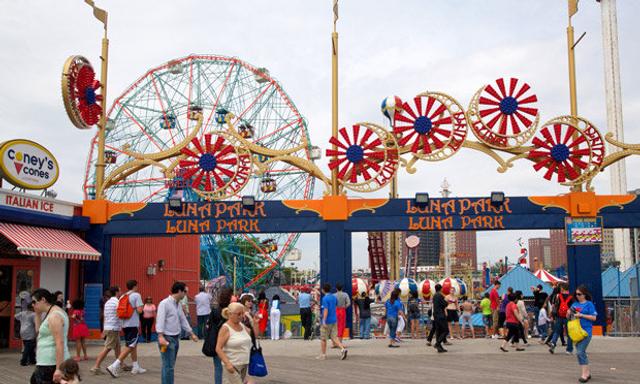Some called it hillbilly rock, others christened it country boogie but long before a moniker had been settled on for it, rockabilly was making a huge impact in 1950s America.
The early 1950s was a curious time for music in the United States. The post-war era had ushered in a new sense of freedom, identity and, with racial borders now beginning to recede and social awareness becoming part of the national debate (in some states, at least), things were getting very progressive - but this wasn't yet properly reflected in the popular music of the time.
But then, seemingly out of nowhere, a new sound began to emerge from the southern states. It was at once rebellious, risqué and raunchy and, perhaps best of all, it was sincerely frowned-upon by the generation that came before. Rockabilly had been born.
The term 'Rockabilly' came from an amalgamation rock and hillbilly music. Simply put, it was a fusion of black and white music of the era, born out of country boogie and rhythm and blues - all put through the unique filters of the various towns, swamps and pool halls from which it emerged.
Traces of its origins could be found in the country boogie and honky tonk tunes of the Delmore Brothers and Hank Williams, but most would agree that it was Bill Haley's influence on the scene which first established rockabilly's true identity, sometime around 1953 and 1954, after he had recognised the separate (but equally important) black and white sources of his music.

Then, in 1954, Elvis happened. The influence that the softly spoken Mississippi native had on popular music - and in particular rockabilly - is incalculable. First billed as 'The Hillbilly Cat' (again a nod towards black and white influences), the boy with the seemingly rubber limbs sang both blues and country songs infused with elements of this new rockabilly movement to the bemusement of a music industry not yet aware of the significance of what they were listening to. They didn't know it at the time, but the music establishment had just changed forever.
Two years later Elvis Presley signed with RCA and the ensuing exposure he received on national television introduced rockabilly to its widest audience yet and, like fire to kindling, there was no stopping its spread. Other labels swooped to sign up any artists who sang even vaguely similar to Elvis and there was a bona fide musical gold rush underway and record executives and studio bigwigs fell over themselves to capitalise on this musical trend which was now sweeping the nation - ultimately playing a big part in rockabilly's eventual downfall.

As more and more people tried to make money from it they began to water down its raunchiness (which is what made it so popular, remember) as they tried to make it appearl to as large a market as possible, taming its sound beyond recognition.
A few short years later, almost all trace of rockabilly was gone from the charts. Of course, new musical movements had grown from its ashes and have continued to develop right up until the present day, but rockabilly's bizarre emergence in the early 1950's will never be equalled - a moment where the music of the few went to the mainstream almost overnight.
Of course, this wasn't to be the end of rockabilly's time in the limelight. As the years ticked on and musical movements came and left, rockabilly would re-emerge as one of music's more enduring phases. Just look at Alex Turner for an example of this. In our next piece, sponsored by Zaconey, we'll examine rockabilly's recent resurgence in today's popular music and whether or not another fully-fledged rock revival is upon us.









































































